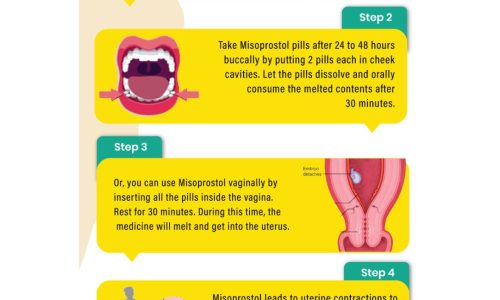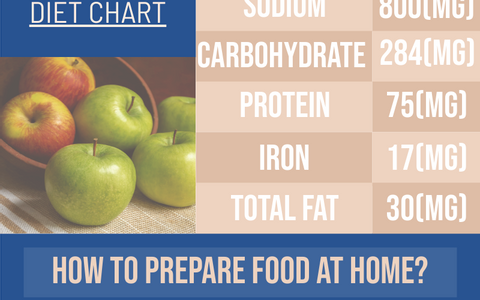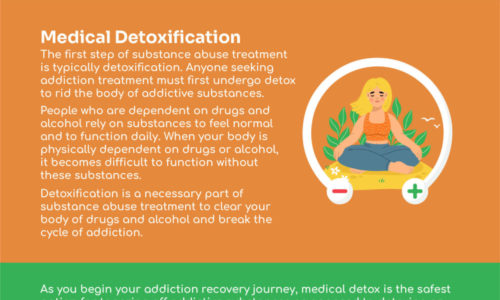Bad breath, dry skin, muscle cramps, fever, and headaches—are you suffering from one, more, or all of these? Do these happen in greater frequency? If so, you should seek medical attention. But before you do that, grab a mug, go to the fridge and pour yourself a nice, cold, and refreshing glass of water—you might only be dehydrated.
Those nasty things that were mentioned earlier are common indicators of your body’s hydration level. Dehydration contributes to bad breath because water is the main component of saliva, which has antibacterial properties. Less saliva means more fun time for bacteria to grow in your oral cavities.
Sweat, while being a by-product of our body’s efficient waste excretion system, also helps hydrate our skin. Obviously, sweat is mostly made up of water. Less water, less sweat, less hydration of the skin, more dryness—you get the picture?
Muscle cramping and occasional fevers, on the other hand, indicate dehydration because water cools down the muscles and organs. The heat generated by our muscles overtime due to exertion can cause the muscles to seize up, causing them to fail. They need to cool down through water intake.
Dehydration can cause headaches the brain floats inside a sack of fluid. That sack protects our brain from bumping against the skull. Once the fluid inside the sack becomes depleted, that protection becomes compromised, therefore causing headaches.
If you want to know more about the effects of dehydration and how you can counter it, go over the infographic put together by Afterschool.ae—every parent’s resource for kid’s afterschool activities in UAE.

![]()










